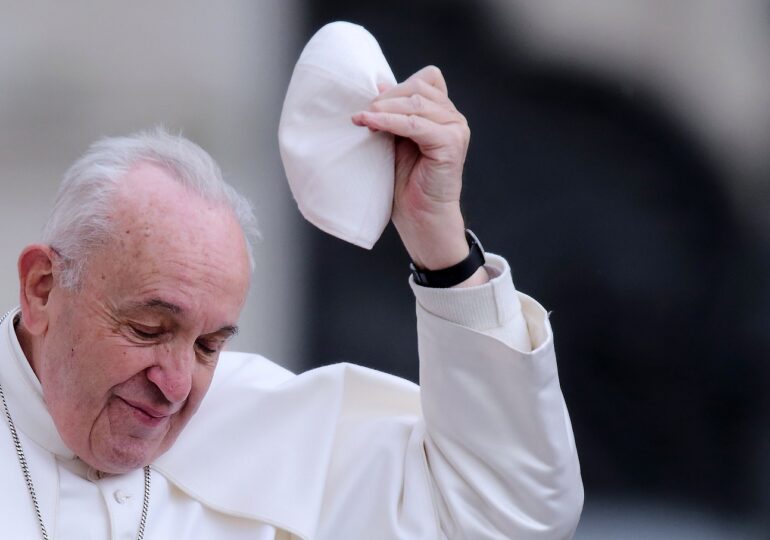Pope Francis, the 266th pope, contributed to the growth of the number of Catholics and the diversification of the College of Cardinals. These changes could play a role in the designation of his successor. He leaves a legacy different from that of many of his predecessors.
The Argentine pontiff, who introduced a series of reforms during his 12-year papacy, symbolized for many a Church that is increasingly modern, progressive, and inclusive, notes Sky News.
Pope Francis was among the oldest sovereigns to begin his papacy. He was 76 years old in 2013 when he was elected by the College of Cardinals, the highest leadership level of the Church.
At 88 years old, Pope Francis ended his term at the most advanced age of all popes in the last 500 years, surpassed only by Pope Leo XIII, who died in 1903 at the age of 93.
An old pope with a young and open spirit
Despite his age, Francis enjoyed an unusually high level of popularity among young Catholics.
He departed from his predecessors on many controversial issues within the Catholic Church.
He openly embraced LGBTQ individuals (though stopping short of granting them full acceptance), condemned climate change, and publicly called for a cessation of hostilities in Gaza.
He also apologized for the Church's role in the colonization of Latin America during his visit to Bolivia in 2013 and again in 2022 for the Vatican's involvement in managing residential schools aimed at the forced assimilation of indigenous populations in Canada.
While these decisions alienated some factions of the Church, they proved overwhelmingly popular in society. In a 2020 survey among British Catholics, 50% said that Pope Francis represents change "for the better," compared to only 7% who said he signaled a change "for the worse."
Francis was viewed even more favorably by Catholics under 30: 55% believed he represents a positive change for the Church.
"Pope Francis has had very favorable media coverage worldwide, right from day one," said Stephen Bullivant, professor of sociology of religion at St Mary's University Twickenham, who worked on the cited survey.
"People felt he was funny, kind, progressive, green – he has a good 'brand,' you could say. Certainly not the case with Benedict – hence the perception of 'change for the better,'" he explained.
In many Latin American countries, his approval rating decreased between the start of his papacy in 2013 and 2024, but remained generally high among Catholics in the region.
Pope Francis stood out from his predecessors by rejecting wealth and embracing those living in poverty, explained James Kelly, associate professor in the history of Catholicism at Durham University.
"This is part of his Jesuit background, with a predilection for the poor, and he has made this clear repeatedly," said Professor Kelly.
An increasingly global Church
Francis's most significant change was probably the recognition of global diversity within the Catholic Church, as mentioned in the source.
Born in Buenos Aires, the capital of Argentina, Francis made history by becoming the first pope from America.
Regardless of the chosen papal name, it will almost certainly have significance, Sky News reports. For many believers around the world, the name could be the first sign that the next pope will follow in the footsteps of Francis or, conversely, break away from his predecessor to open a new path for the Catholic Church.

